
Our little lit family's sojourns find us back from a week in Baja California Norte, Mexico by way of, yes, Chicago, Illinois and Maycomb, Alabama. Audio books are the absolute best travel companions (can pause, never need to go pee), and listening together to the first four cassettes (yes, old-school cassette tapes from the thrift store) on the nearly 500-mile drive down and Part II on the way back home put me in a vividly dreamy place of excitement, not to mention caused the hours to pass quickly, perhaps too quickly (!) as we concluded To Kill a Mockingbird somewhere in the Santo Tomas Valley just south of Ensenada. How enduringly great is Harper Lee's Pulitzer Prize-winning novel? Reread or listen again, and be convinced, no, reassured in the promise–fulfilled–of the novel as a complicated and complex art form, of the urgency of the narrative voice, of humor and wit as explicatory tool of revisionist history and, finally, of the vivid description of place and humane characterization of people as singular arbiters of moral conflict.
]
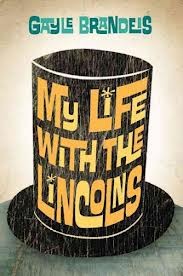
Throw in everybody's recent justifiable excitement over the terrific film Lincoln and this blog's jolly responsibility to promote Literary Orange 2013 on Saturday, April 6 and you will see how I arrived over our spring break so easily at Southern California writer Gayle Brandeis's Young Adult novel My Life with the Lincolns, which I read on the sand at the Sea of Cortez. It's the one with the nifty cover illustration of the Great Emancipator's stovepipe hat, a book published in 2010 but which offers me the chance to talk about YA fiction and promote one of the conference's participants, too. Oh, did I mention that Brandeis will be one of four local writers on the panel I am moderating that day?
No kidding!
Gayle Brandeis won the inaugural Bellwether Prize a few years back for her first novel, The Book of Dead Birds. That prize is, by the way, the one I wanna win myself, sponsored by the great novelist, essayist, memoirist Barbara Kingsolver and awarded in even-numbered years. Dead Birds is, in case you are–I hope–here anticipating the local connection by way of Literary Orange, very much a regionally-based story. As in San Diego. And the Salton Sea. But as is reflected, it seems, in her other writing, it's also borderless. Or anti-borders. Brandeis is a teller of history, biography. She knows that the most radical idea in America is, as I am often compelled to repeat, a long memory. (Because people forget!) This book's memory is in Korea, at a massacre decades earlier, and a mother's secret.
I caught up with Brandeis's writing upon publication of her second book, Self Storage, about
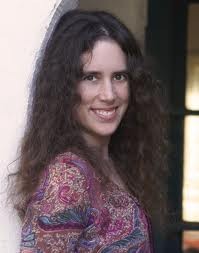
a heroine from Riverside with working class roots, a woman who lives in student housing at the UC. It's casually literary in the way that assumes readers will be well-read. The protagonist is “Flan,” as in Flannery, as in, well, you know. And, to boot, Walt Whitman's work guides our heroine on her unlikely mission of figuring out a mystery located in, yes, the contents of a self-storage locker.
In the Lincoln story-for-all-ages book we meet yet another fetching heroine, the requisite YA protagonist who, however familiar by way of this genre, is still so very welcome: she's a bookish activist heroine, a literary second cousin of Jean Louise Finch, of course, from that enduring sorority of strong literary girl-women. She's Mina Edelman, twelve years old in a suburb of Chicago in 1966, socially awkward-precocious-alienated pre-teen whose destiny will be shaped by events and decisions, good and bad, made while mirroring similarly or even identical decisions worked out by grown-ups. She reads! She learns. She adopts the charming conceit that her family's life parallels that of the Lincolns: nutty mother, doomed murdered father, dead son. Her own dad, “Honest Abe” Edelman, who runs a furniture store, sneaks Mina off to civil rights rallies–the real-life effort to free up the once-“most racist city in America”–reminding us of the urgency which so nobly struck some parents of joining housing desegregation and other freedom struggles even as some others, well, did not. The next door neighbor's dad is in Viet Nam, and not there to do anything good.
[
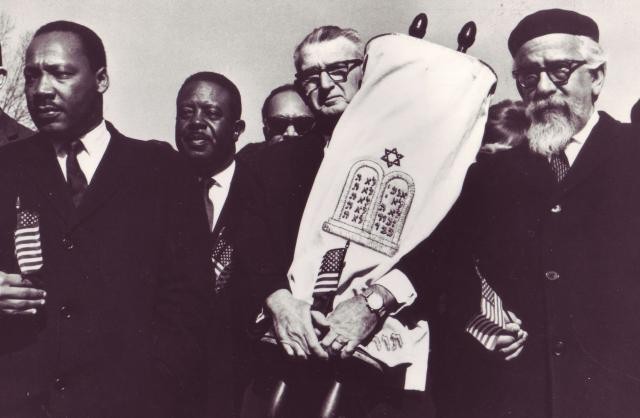
Mr. Lincoln as an obsession-curiosity is as welcome as any other guide (as Walt in Self Storage) or trope, and it allows historical revisionism for the adult reader and just plain history for the youngsters. It's a favorite device of Yours Truly, for whom the novel Ragtime worked once as the transitional read between understanding the power of kid lit and “real lit.” I taught at Irvine Valley College for many years, where students who knew nothing (not anything) about that era jumped into the period and its unshyly radical politics enthusiastically through Doctorow's self-consciously “comics”-inspired novel.
Mina E. is funny, brave. Like so many literary (literary) heroines, she writes a little newspaper, The Lincoln Log (get it?) cracks wise, exercises literary tendencies (appreciation for humor, idiom) and reports a la Scout on life in Downers Grove, Illinois and beyond. Through her Brandeis paints a picture underneath the one on top, a portrait one assumes of the author herself, Young Gayle, or at least one so easy to imagine and be charmed by. And most appealing about the creation of this universe is its complication, however concentrated. The family is liberal Jewish, there is puberty and family dynamics. The tensions of that moment are easily preeminent; the kids “play Viet Nam” and the grown-ups have to explain (to them, to us) why the hell they are watching a nun in Southeast Asia burn herself to death on television. This brought so much back to me in sounds, images, jokes. Brandeis aces the music, commercials, TV, popular culture and politics. It's a fun book, but in more than only in its themes (Chicago Freedom summer), it evokes the assumptions of a worldview which so thrill me, again and again, in To Kill a Mockingbird. Themes of justice, responsibility, awareness.
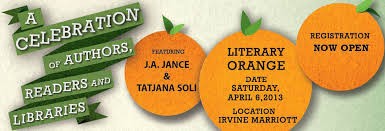
And, yes, the organizers of the upcoming Literary Orange (Saturday, April 6) were good enough to invite this moderator and glad-gabber to join in, AND to let him host Brandeis and three other favorites, writers whose work will be discussed, interrogated, promoted on a panel on Literary Fiction. Here's the link to that panel, featuring Gayle Brandeis, Aris Janigian (This Angelic Land), Diane Lefer (California Transit) and Hector Tobar (The Barbarian Nurseries). Now that I think of it, I should have asked for Harper Lee, too.
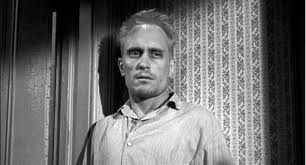
See the complete Literary Orange line-up at the same site, including a panel for OC foodies featuring my OC Weekly editor, Gustavo Arellano and moderated by legendary Los Angeles Times food editor-writer and columnist Russ Parsons.
There's more, about which I will wax and offer details (get it, wax, detail?) next Sunday morning. Just to say that you save $10 if you register early and Mr. Bib hopes to see you there.
My Life with the Lincolns, Gayle Brandeis, Henry Holt, 246 pgs., $16.99
Andrew Tonkovich hosts the Wednesday night literary arts program Bibliocracy Radio on KPFK 90.7 FM in Southern California.

